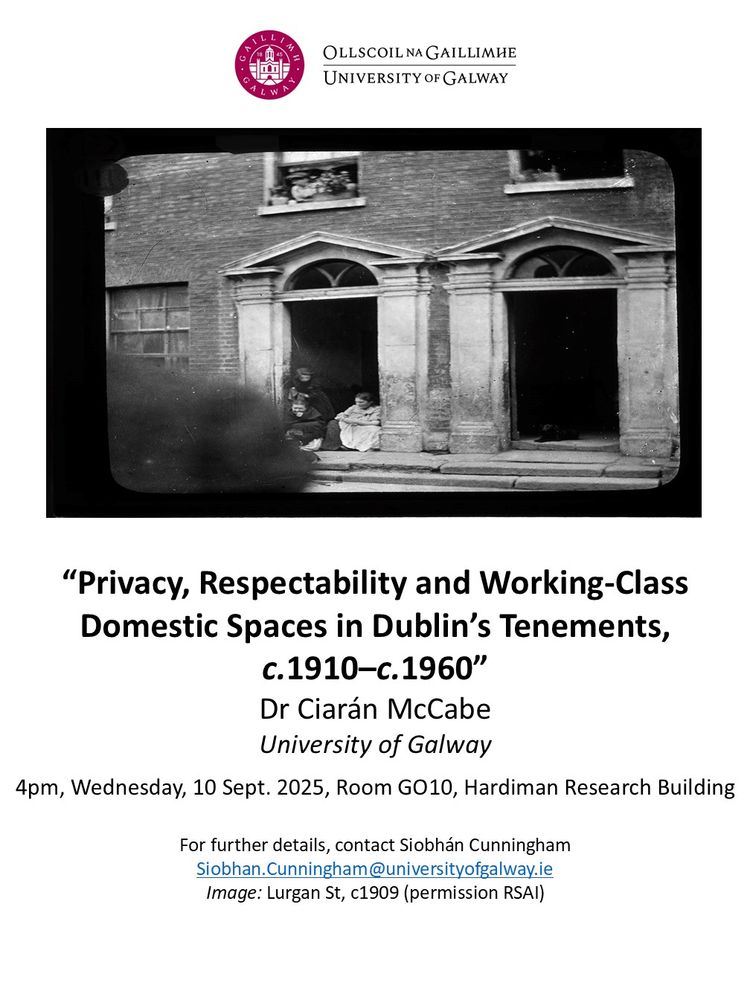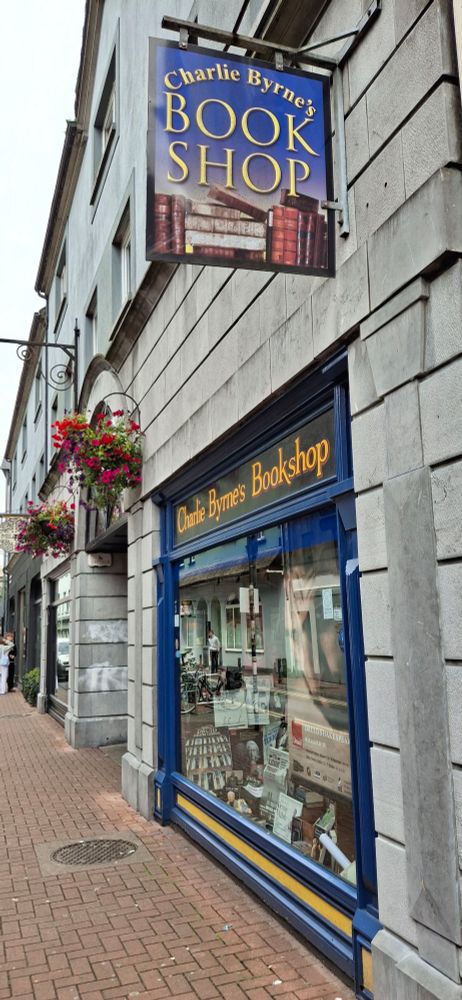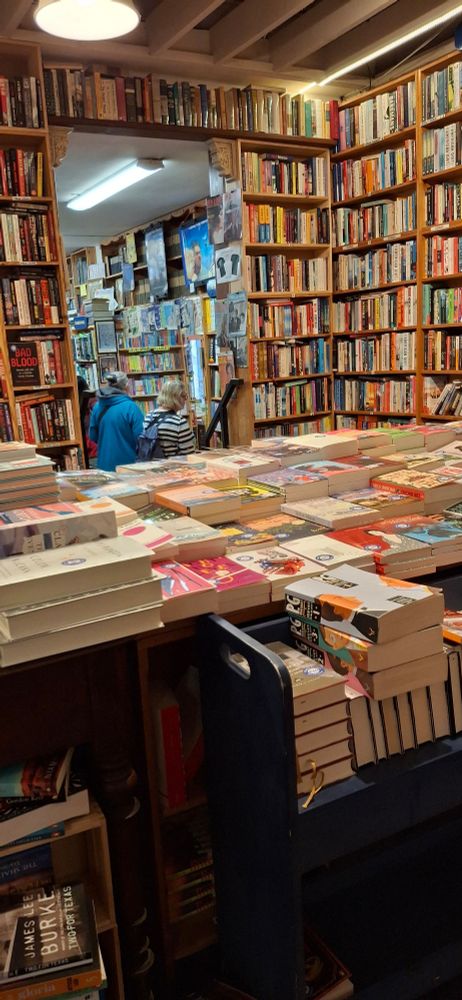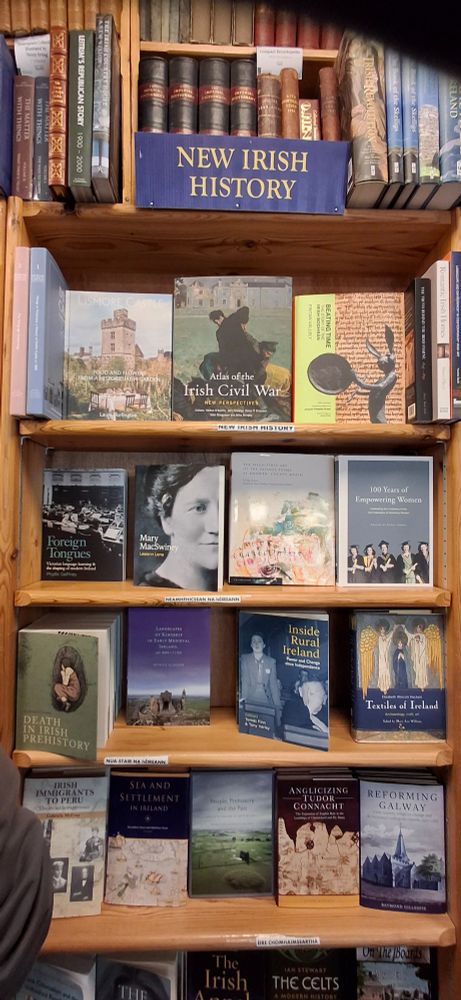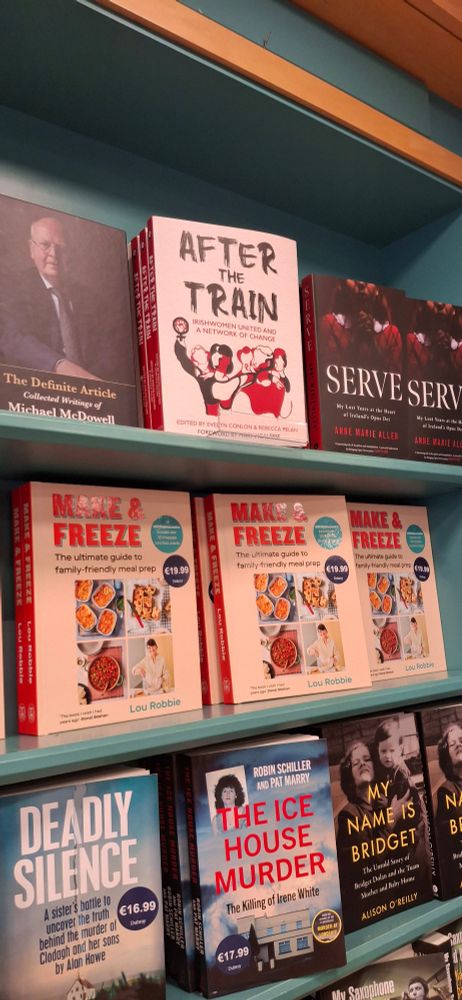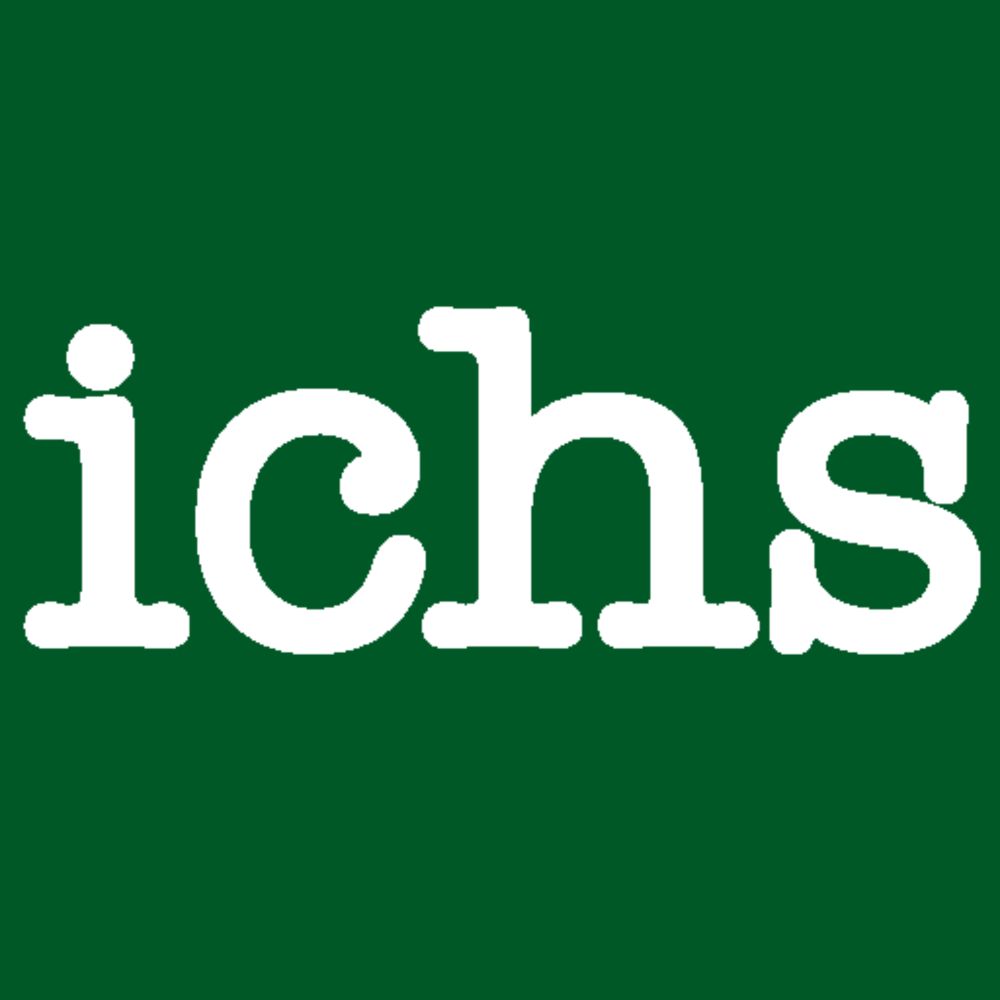Tomás Finn
@finnuniofgalway.bsky.social
450 followers
720 following
21 posts
Historian of Modern Ireland and Britain at the University of Galway
Posts
Media
Videos
Starter Packs
Reposted by Tomás Finn
Reposted by Tomás Finn
Reposted by Tomás Finn
Reposted by Tomás Finn
Reposted by Tomás Finn
Reposted by Tomás Finn
Reposted by Tomás Finn
Reposted by Tomás Finn
Tomás Finn
@finnuniofgalway.bsky.social
· Mar 18
Reposted by Tomás Finn
Reposted by Tomás Finn
Tomás Finn
@finnuniofgalway.bsky.social
· Feb 22
Reposted by Tomás Finn
Reposted by Tomás Finn
Tomás Finn
@finnuniofgalway.bsky.social
· Feb 16



